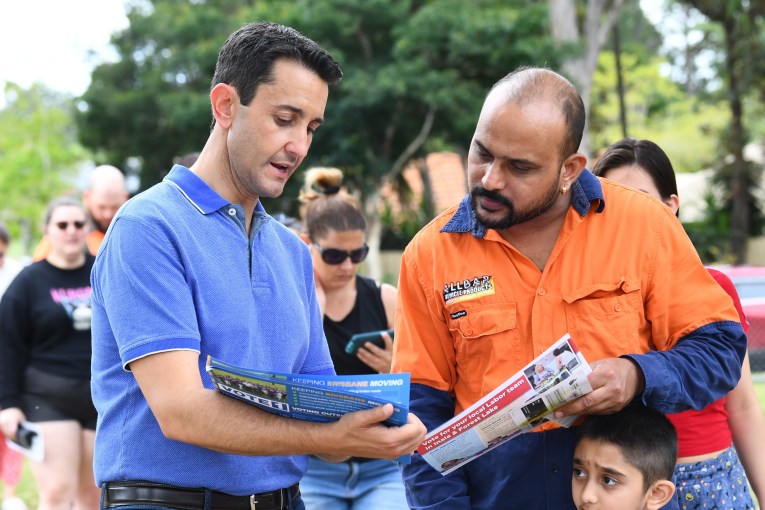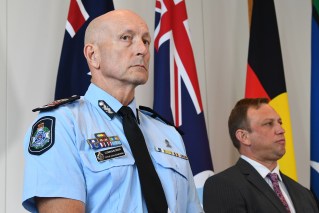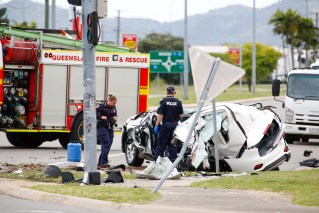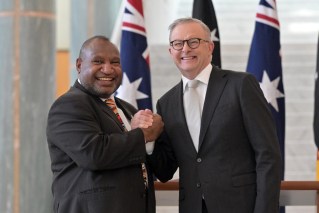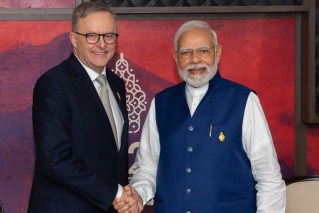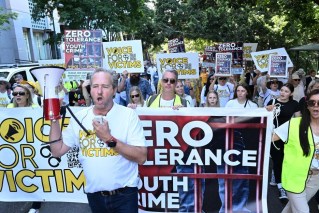Veterans’ suicide inquiry chief blasts ADF culture
Australia has “fundamental cultural problems” that need to be tackled to address the nation’s defence force and veteran suicide crisis, according to royal commission chairman Nick Kaldas.
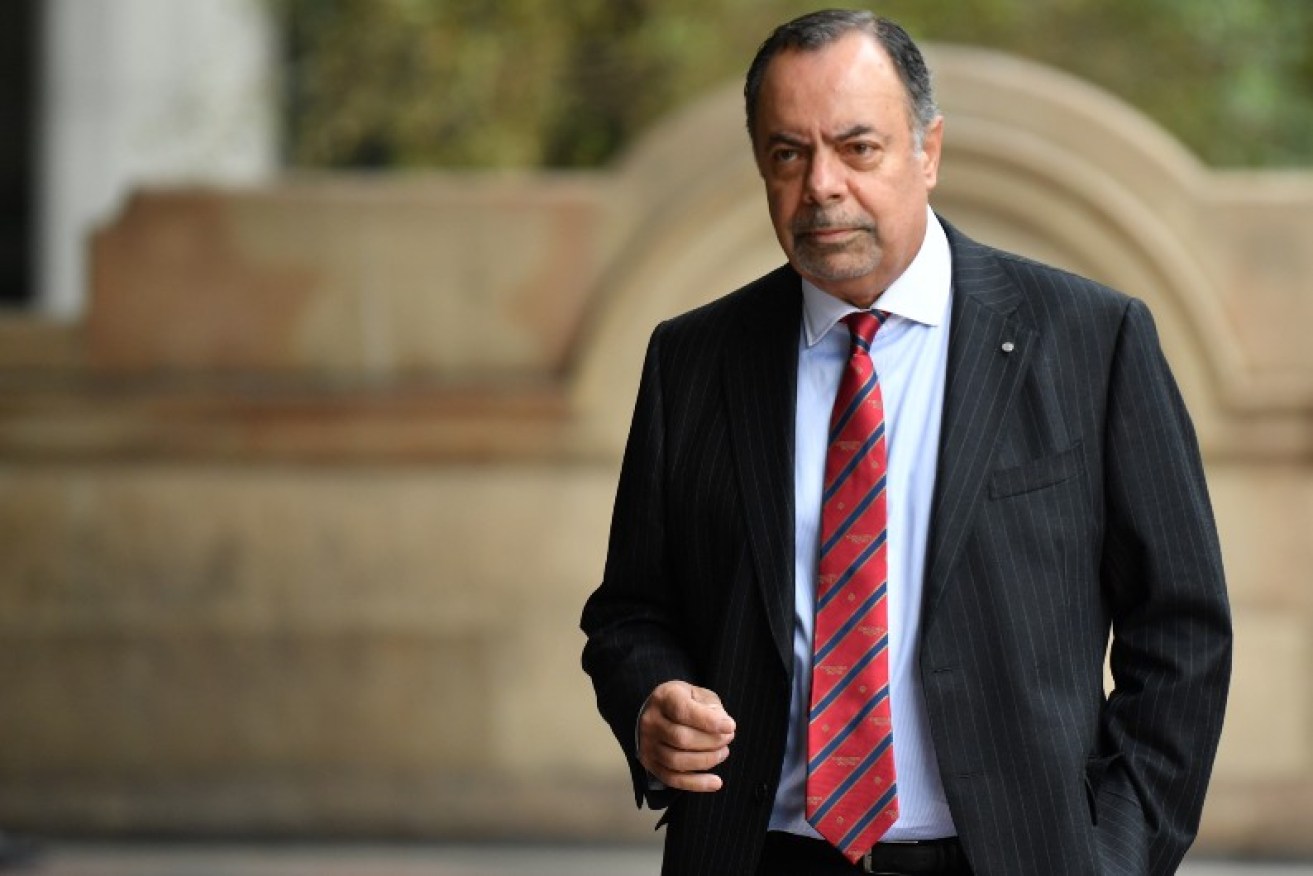
The Royal Commission into Defence and Veteran Suicide on Thursday released its interim report which made 13 urgent recommendations, including clearing the massive backlog of compensation claims by March 2024.
Kaldas said the backlog was unacceptable, and the delays and complexities of the Department of Veterans’ Affairs had impacted suicides.
“There’s been more than 50 previous inquiries looking at all aspects of this, and the reality is that most of the recommendations that have previously been made were actually not acted upon,” he told the ABC on Friday.
Kaldas said findings that a significant number of suicides involving serving or former personnel who did not serve overseas on operational deployments showed deep issues.
“What that tells us is that there are fundamental cultural problems that must be tackled,” he said.
“Not just for those who are returning from a combat zone or a conflict zone, but for those who have not left Australia.”
When asked if the government apologising for letting down the nation’s veterans and defence force personnel was enough, Kaldas said: “It’s an important step and it’s a positive step”.
Meanwhile, independent senator Jacqui Lambie says the deadline for finalising the backlog of veteran compensation claims should be a top priority for the Albanese government.
Lambie, an army veteran who gave evidence to the inquiry last week, said the March 2024 date should be brought forward.
“Surely we can get onto it quicker than that,” she said.
“Most veterans can’t wait until 2024 to have their claims dealt with. This should be a top priority for the new government.”
Lambie has also thrown her support behind the report’s recommendation for exemptions from parliamentary privilege, to allow greater access to information.
“I have no problem with a change to exemptions of parliamentary privilege for this royal commission and future royal commissions,” she said.
“They need to be able to question ministers as part of their investigation.
“The way I see it, the Labor Party has to decide: Are they on the side of protecting veterans or the side of protecting politicians?”
Parliamentary privilege can only be waived by parliament and through legislation.
Two previous royal commissions, into aged care and the banks, made the same comments about the impact of parliamentary privilege, according to the report.
The commission also criticised the use of public interest immunity, which governments use to argue against producing documents or answering questions on the grounds the information would damage the public interest.
Lambie said the release of the report was “just the beginning of the journey”.
“We still have a long way to go,” she said.
“But this is an important first step to fixing some of the issues facing our veterans.”
Lifeline 13 11 14
Open Arms 1800 011 046
beyondblue 1300 22 4636
